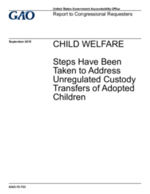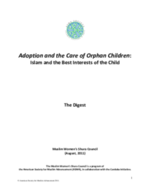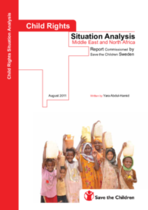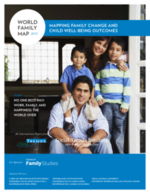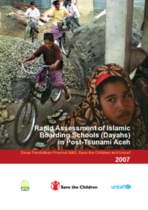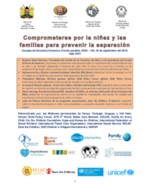Applying a Family-Level Economic Strengthening Intervention to Improve Education and Health-Related Outcomes of School-Going AIDS-Orphaned Children: Lessons from a Randomized Experiment in Southern Uganda.
This study was designed to evaluate the effectiveness of a family-level economic strengthening intervention with regard to school attendance, school grades, and self-esteem in AIDS-orphaned adolescents aged 12-16 years from 10 public rural primary schools in southern Uganda.

